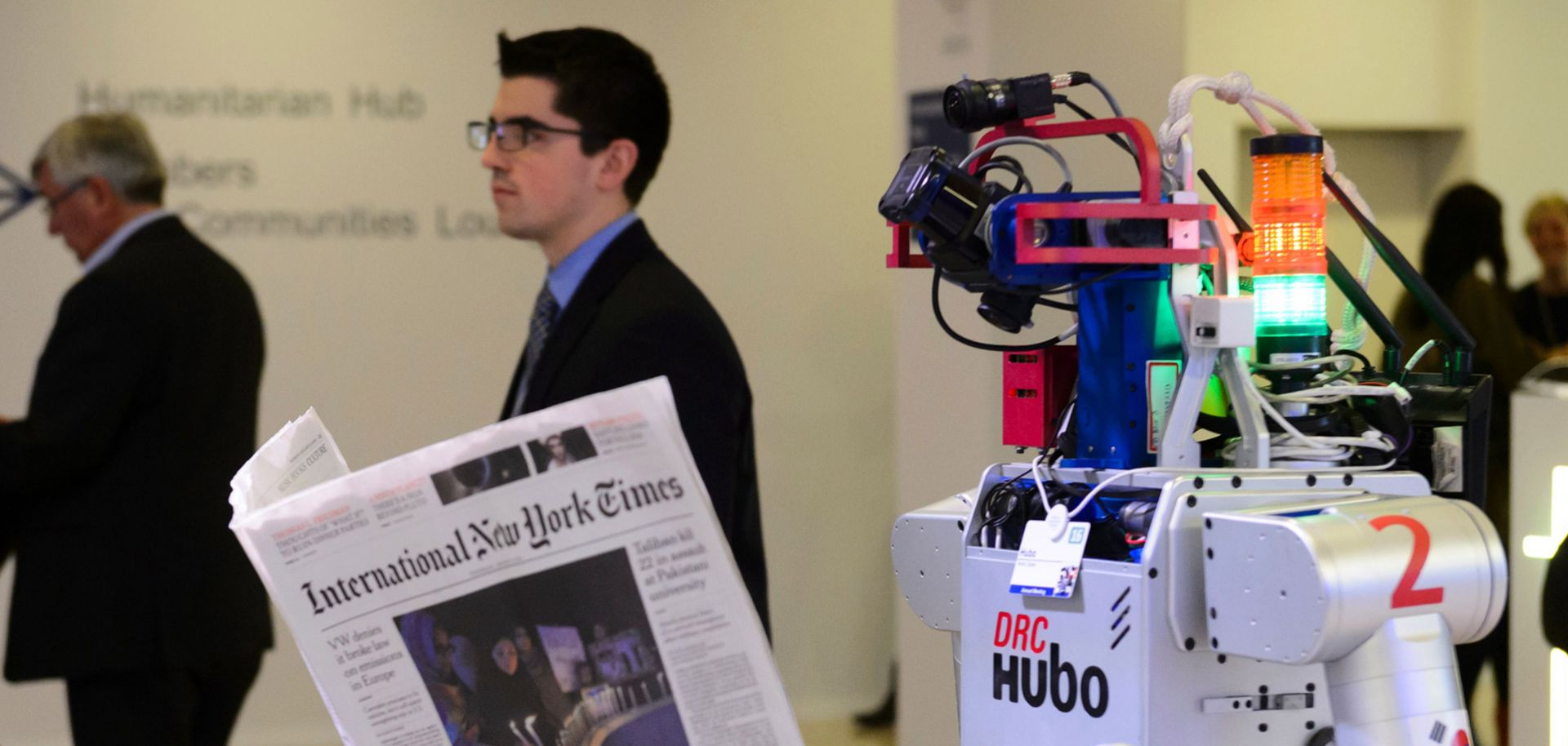As a medical professional, part of my job is keeping up with the latest inventions and technological advances in my field. At first glance, headlines proclaiming "Artificial Intelligence Achieves Near-Human Performance in Diagnosing Breast Cancer" and "Mining the Data of 1.6 Million Patients with Artificial Intelligence Helps Alert Staff to Patients at Risk" seem impressive. But from a clinical point of view, it looks more like a hammer searching desperately for a nail rather than an impressive breakthrough. Doctors are good at diagnosing, but then they already know the risks.
Much of the hype that surrounds the rapid progress in AI forgets a key distinction: Artificial intelligence is steadily maturing because faster computers have enabled it to be used in a broader range of applications, not because machines themselves are becoming more intelligent. If robots mimic the human brain, it is at best that of an idiot savant, extremely...


